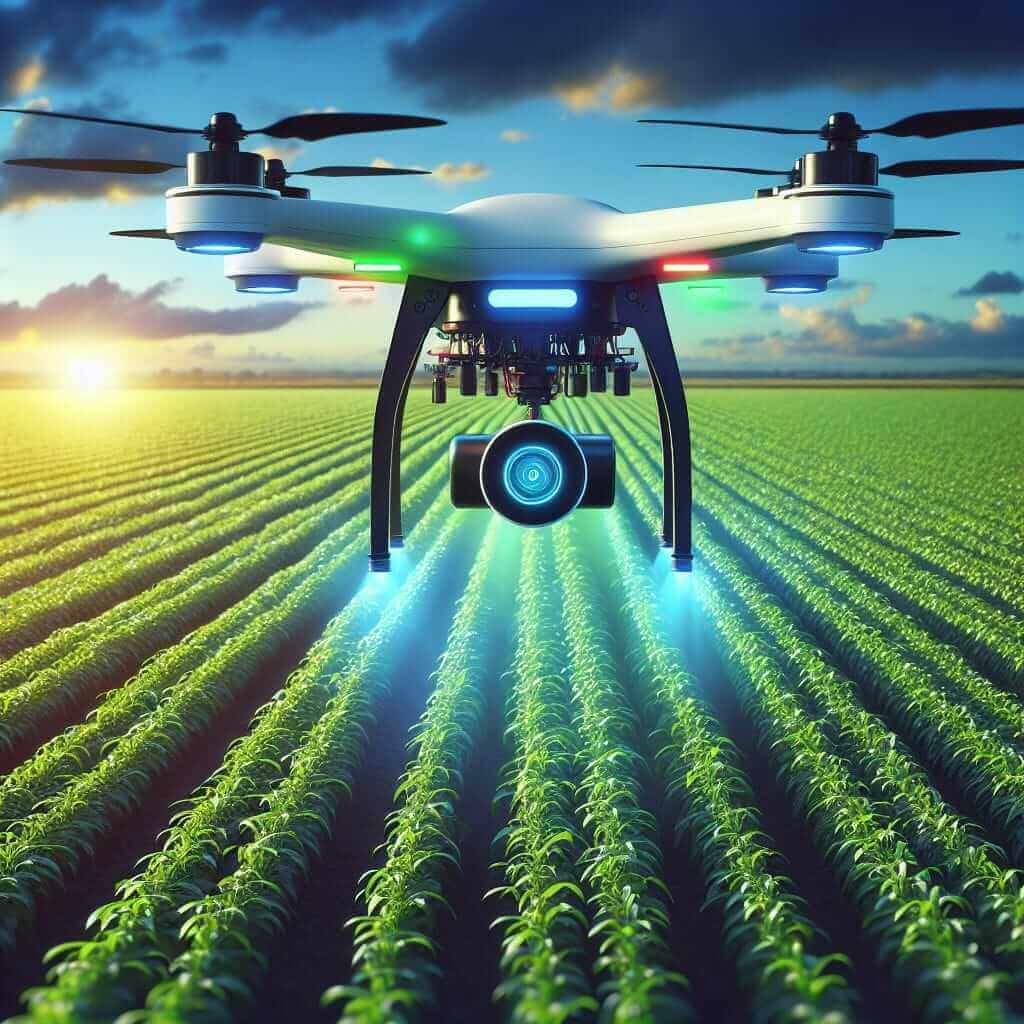The IELTS Reading section is designed to assess a variety of reading skills, including your ability to comprehend and analyze texts that are academic or work-related. One topic that frequently appears in the IELTS Reading section is the impact of technology on traditional industries. This theme is not only relevant but also timely given the rapid advancements in digital innovation and technology.
Nội dung bài viết
- Reading Passage: How is Technology Transforming Traditional Industries?
- Passage
- Questions
- Identifying Information (True/False/Not Given)
- Matching Information
- Sentence Completion
- Short-answer Questions
- Answer Key
- Common Errors and Tips
- Common Errors
- Tips
- Vocabulary
- Grammar
- Recommendations for High IELTS Reading Score
In recent years, technology’s influence on traditional industries has been a popular subject, appearing in numerous IELTS Reading tests. Considering its relevance and popularity, there is a high probability that candidates might encounter similar topics in future exams.
Reading Passage: How is Technology Transforming Traditional Industries?
In this section, you’ll find a medium-difficulty reading passage structured similarly to the actual IELTS Reading test. Pay close attention to the text, as you will need to answer questions based on it.
Passage
The integration of technology into traditional industries has revolutionized many sectors, leading to increased efficiency, innovation, and economic growth. The advent of the Internet of Things (IoT), Artificial Intelligence (AI), and automation has transformed industries ranging from agriculture to manufacturing.
In agriculture, smart farming technologies, such as GPS tracking systems and automated machinery, enable farmers to optimize their yields and manage resources more effectively. For instance, drones equipped with AI can monitor crop health in real-time, thus reducing the time and labor required for field inspections.

Manufacturing has similarly been transformed by technology. Advanced robotics and AI have streamlined production lines, improving precision and consistency while reducing the likelihood of human error. 3D printing, another technological marvel, has enabled manufacturers to produce prototypes and end-products with higher complexity and reduced costs.
The retail sector has also experienced a technology-driven transformation. The rise of e-commerce, fueled by advances in online payment systems and logistics, has influenced consumer behavior and preferences. Virtual fitting rooms and personalized product recommendations powered by AI are making shopping more convenient and tailored to individual needs.
However, these technological advancements come with challenges. The displacement of jobs due to automation is a growing concern, necessitating the retraining and upskilling of the workforce. Furthermore, the ethical implications of AI and data privacy issues are subjects of intense debate.
In conclusion, technology has undeniably reshaped traditional industries, fostering innovation and efficiency. The continuous evolution of technology suggests that its impact on these sectors will only grow, further altering how we live and work.
Questions
Based on the above passage, answer the following questions:
Identifying Information (True/False/Not Given)
-
Smart farming technologies have eliminated the need for human labor in agriculture.
-
AI and robotics have improved consistency in manufacturing.
-
E-commerce has negatively influenced consumer behavior and preferences.
-
Ethical implications of AI are not considered important.
Matching Information
Match the following details with the correct section of the passage (A, B, C, etc.):
-
Usage of drones in agriculture.
-
Impact of e-commerce on consumer behavior.
-
Challenges posed by technological advancements.
Sentence Completion
Complete the following sentences with NO MORE THAN THREE WORDS from the passage:
-
Smart farming technologies allow farmers to manage resources __.
-
3D printing helps manufacturers produce prototypes with __.
Short-answer Questions
Answer the following questions using NO MORE THAN THREE WORDS:
-
What enables AI-equipped drones to monitor crop health?
-
What has been streamlined in manufacturing due to advanced robotics?
Answer Key
-
False: While smart farming technologies have increased efficiency, they have not completely eliminated the need for human labor.
-
True
-
False: E-commerce has influenced consumer behavior and preferences but not necessarily negatively.
-
Not Given: The passage mentions ethical implications but does not state whether they are considered important or not.
-
Section A
-
Section C
-
Section D
-
more effectively
-
higher complexity
-
real-time monitoring
-
production lines
Common Errors and Tips
Common Errors
- Misinterpreting the question type: Ensure you understand what each question type (True/False/Not Given, Matching Information, etc.) requires.
- Overlooking keywords: Pay attention to specific terms and phrases within the passage to avoid incorrect answers.
- Copying more than three words: For sentence completions and short-answer questions, remember to adhere strictly to the word limit.
Tips
- Skim the passage first to get a general idea of the content.
- Underline or highlight keywords in both the questions and the passage.
- Practice different types of questions to become familiar with various formats.
Vocabulary
Here are some challenging words from the passage along with their meanings and phonetic transcriptions:
- Integration (/ˌɪntɪˈɡreɪʃn/): The act of combining or adding parts to make a unified whole.
- Yield (/jiːld/): The amount of crops or produced goods.
- Logistics (/ləˈdʒɪstɪks/): The detailed coordination of complex operations involving people, facilities, or supplies.
- Displacement (/dɪsˈpleɪsmənt/): The moving of something from its place or position.
Grammar
One grammatical structure to highlight from the passage is the use of participial phrases for conciseness:
- “equipped with AI” – This participial phrase adds more information about the drones without needing a separate clause.
Recommendations for High IELTS Reading Score
- Practice regularly: Familiarize yourself with different types of texts and question formats.
- Focus on vocabulary: Expand your academic vocabulary for better comprehension.
- Time management: Practice under timed conditions to improve your speed and accuracy.
- Analyze mistakes: Review your errors to understand where you went wrong and avoid repeating them.
By mastering these strategies, you will enhance your reading skills and improve your chances of achieving a high score in the IELTS Reading section.